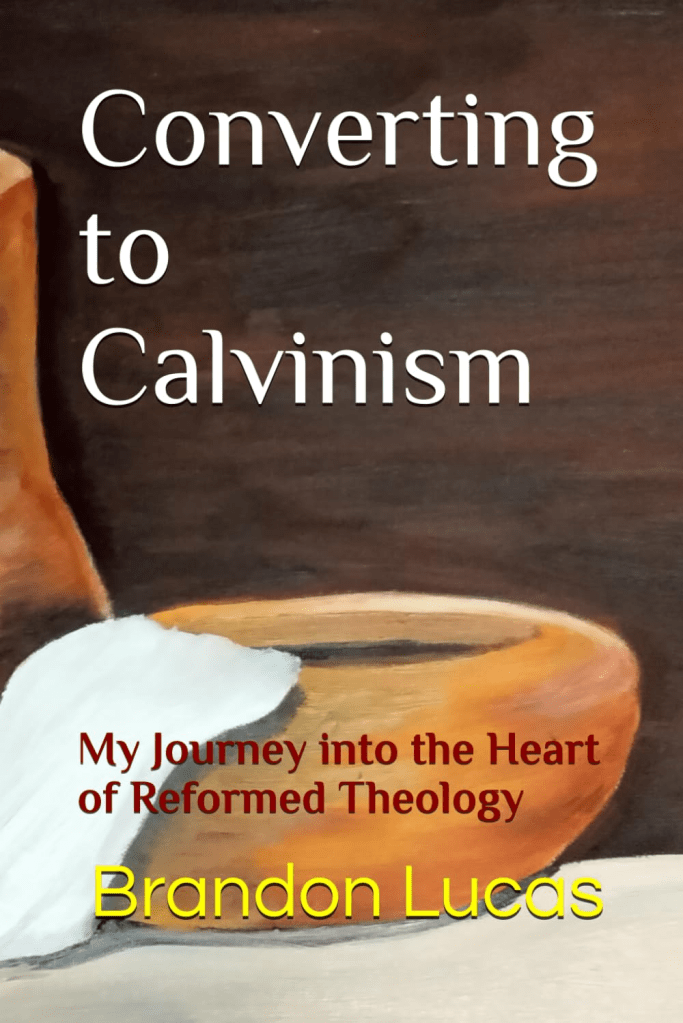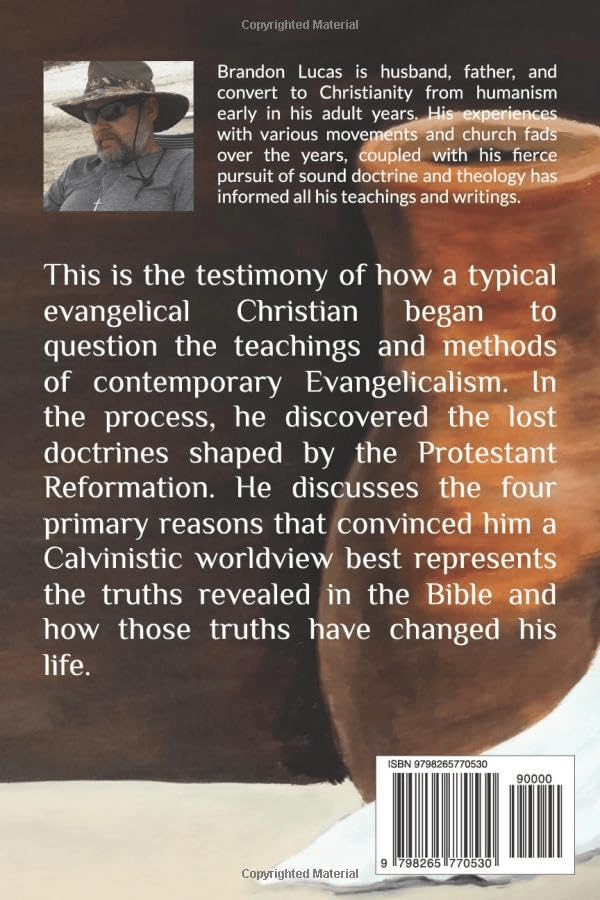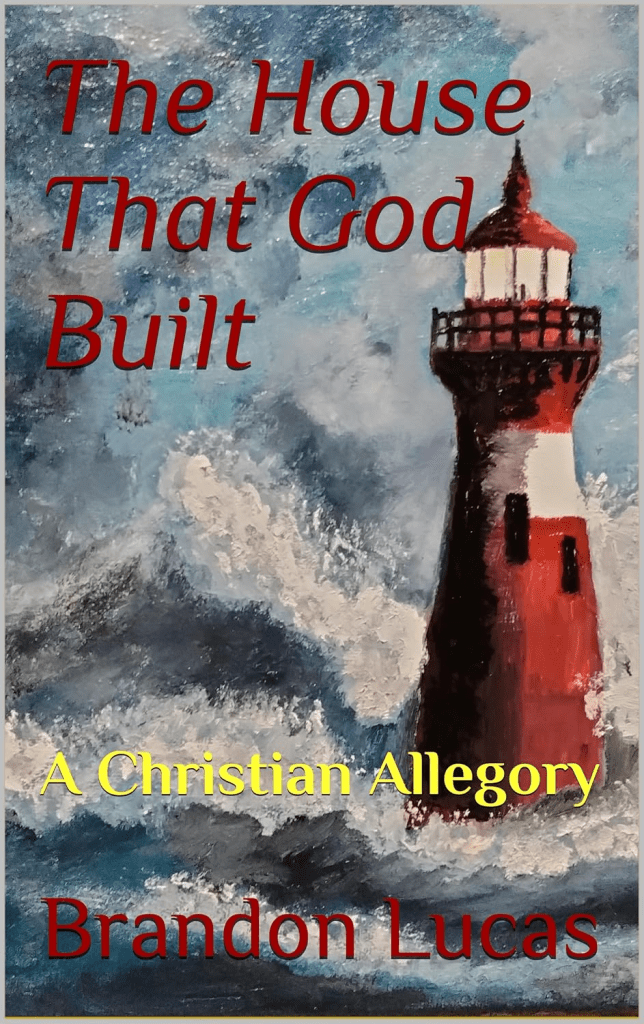Note: This post is a direct follow-up to Shallow.
My high school conversion to Christianity established a root system that delved as deep into the soil of my heart as my thoughts and devotion toward God ran: not an inch deep. After my baptism, I became a full member of Trinity Baptist Church in Weatherford, OK. I decided to attend the Sunday morning service regularly. I came unprepared to grow. I didn’t have a Bible of my own, so I showed up to church equally empty-handed and empty-headed. I had no spiritual inclination, so the pastor’s sermons never resonated with me. I didn’t understand them, nor did I exert effort to learn the language of faith. I grew bored quickly. Church service devolved into back-pew gossip sessions with my friend. We whispered back and forth about our weekend exploits and the girls we wanted to date. I tuned out the preacher, the word of God preached, and any spiritual illumination that came with it. The elation I initially felt at having my sins forgiven and my eternal prison sentence revoked had waned. I forced myself to get up every Sunday morning.
My friend pushed my boundaries further, asking me to attend Sunday school before church. I grumbled at the prospect of tumbling out of bed at an even earlier hour, but I obliged him. This is when I started enjoying church, just not in a pious manner. Our small Sunday school class consisted of me, my buddy, and a female teacher who was probably in her mid-thirties at the time. She took her faith seriously, as well as the teaching material she presented to us every week. The only problem with this scenario is that I did not match her level of sincerity. I cringe now as I recall the memories. I turned the entire class into a vehicle for scalding sarcasm and lame jokes. I made light of the teacher and the material with equal contempt. I exasperated her week after week. She lost patience on more than one occasion. Did I feel guilty? Not an iota. I enjoyed watching her religious facade fade as she struggled to maintain her composure and control of the class. Reflecting back now, I’m almost forced to admit the vitriol I poured out on her came from an unholy source in the deep crevices of my withered soul. I had never in my life treated another human being this poorly. I grew up with an extreme sensitivity to other people’s emotions and navigated the best I could to not offend any soul I encountered. I cannot rationally explain my sudden shift in attitude. Why did I disdain her so? In reality, I had no problem with the teacher, but I proved myself unteachable to God’s holy word. It rained brimstone down on my head every time I heard it. My depraved soul craved the safety and comfort found in the shadows hiding behind empty religious rites. It contorted in torment when the pure word of God was preached. My condemned soul desired the disillusionment of self-deception to the truth; I stood naked in the holy gaze of God. I refused the true remedy of faith in Christ. I wanted no part of Him or His people. I expressed this plainly every Sunday morning for perhaps six months or so. The pleasure I gleaned in seeing my Bible teacher squirm slowly dissipated. I could find no other compelling reason to remain in church. I had my fire insurance card, signed and laminated, resting comfortably in my back pocket. I left the church and never came back. I had a life to live, and I decided not to waste a second more sitting on my butt in an old church pew, listening to words that exposed the darkness in my soul.
Continue reading


